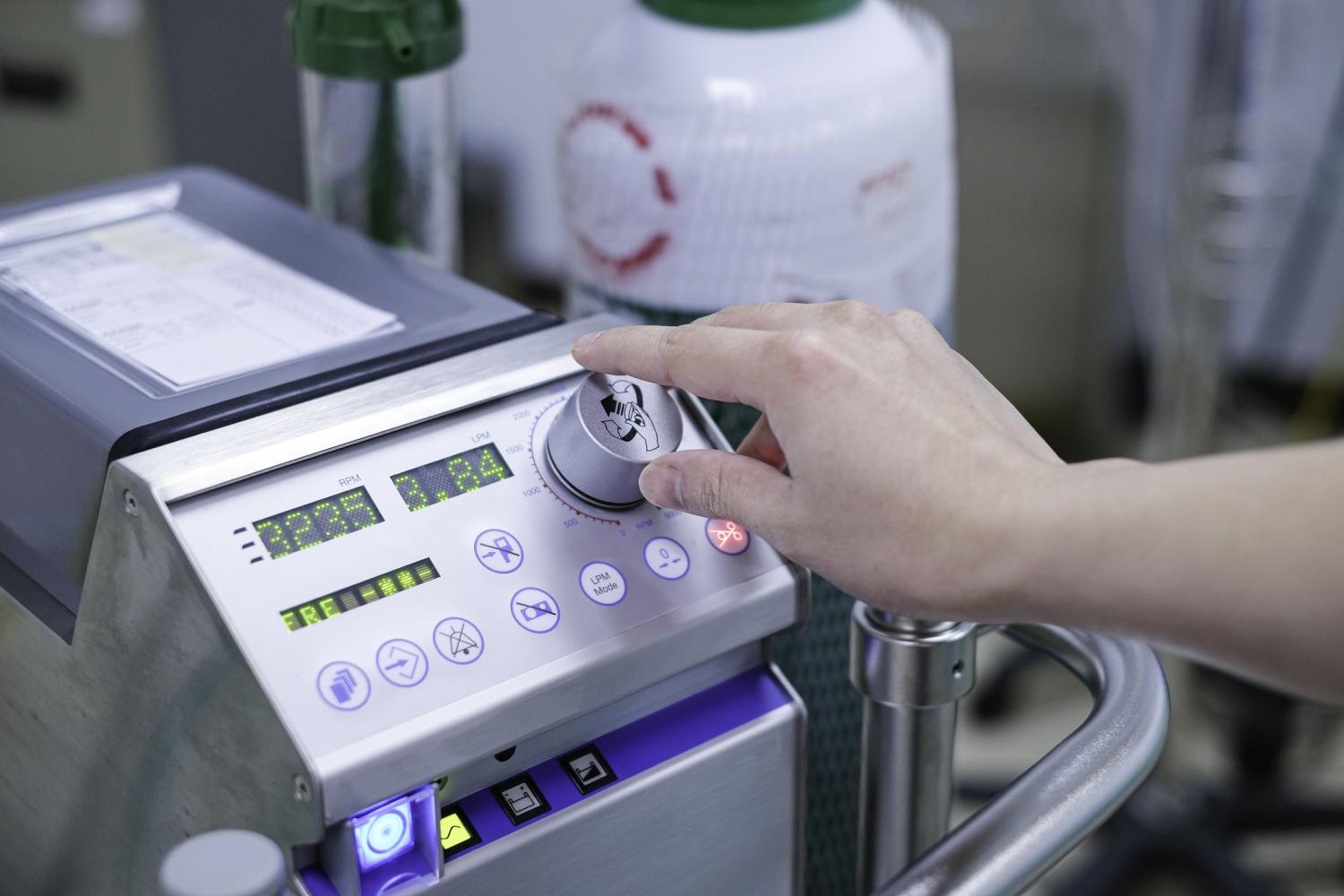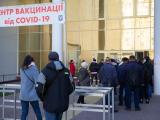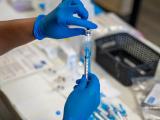Prone positioning was not superior to supine positioning for patients suffering from severe acute respiratory distress syndrome (ARDS)—the vast majority of whom had COVID-19—receiving venovenous extracorporeal membrane oxygenation (ECMO), according to a new French study.
The study was published today in JAMA. Several previous studies—including those involving COVID patients—have shown that prone positioning (lying face down) successfully reduces mortality risk among patients with moderate to severe hypoxemia, and aids in oxygenation and protects lung tissue during mechanical ventilation. Other data, however, indicate little benefit in severe COVID-19.
ECMO, an artificial lung mechanism, allows mechanical ventilator settings to be significantly reduced, also lowering the chances of lung-tissue injury and improving survival rates. The authors of the study designed a trial to test if combining these two practices improves outcomes for ARDS patients.
Participants included 170 patients located in 14 intensive care units (ICU) in France, with 94% of the patients suffered from COVID-19-related ARDS. The study was conducted from March 3, 2021, to December 7, 2021.
The patients included 110 men and 60 women, with an average age of 51. All were on ECMO for 48 hours or less before intervention. Eighty-six were randomized to be in the prone position for at least four 16-hour sessions during their first 4 days of ECMO treatment. Eighty-four patients were placed in the supine position—on their backs—for their duration of ECMO treatment.
No difference in 60-day, 90-day outcomes
The main outcome was successful weaning off ECMO by 60 days. The authors found no statistical difference in ECMO weaning success, with 44% of prone patrons (38 of 86) successfully weaned, compared with 44% of supine (37 of 84) for a risk difference of 0.1% (95% confidence interval [CI], -14.9% to 15.2%).
By day 90, no significant difference was observed in ECMO duration, 28 days in prone group, 32 days in supine (difference, −4.9 days; 95% CI, −11.2 to 1.5). Additionally, the length of ICU stay and 90-day mortality were also similar in each group. No serious adverse events were reported during the prone-position procedure.
"Despite promising findings in observational studies, prone positioning of patients undergoing ECMO failed to reduce ECMO duration or mortality in this randomized trial," the authors wrote. They suggest that severe COVID-19 may have produced more lung damage than other sources of ARDS.
It remains uncertain whether the current trial findings are generalizable to patients with severe non–COVID-19–related ARDS.
"It remains uncertain whether the current trial findings are generalizable to patients with severe non–COVID-19–related ARDS."
In an editorial on the study, Ricardo Teijeiro-Paradis, MD, and Niall Ferguson, MD, of the University of Toronto, said the study "contrasts with much of the previously published observational data, suggesting a significant amount of treatment indication bias in those data. In addition, the fact that almost all patients had ARDS secondary to COVID-19 may also play a role in these different results."





















